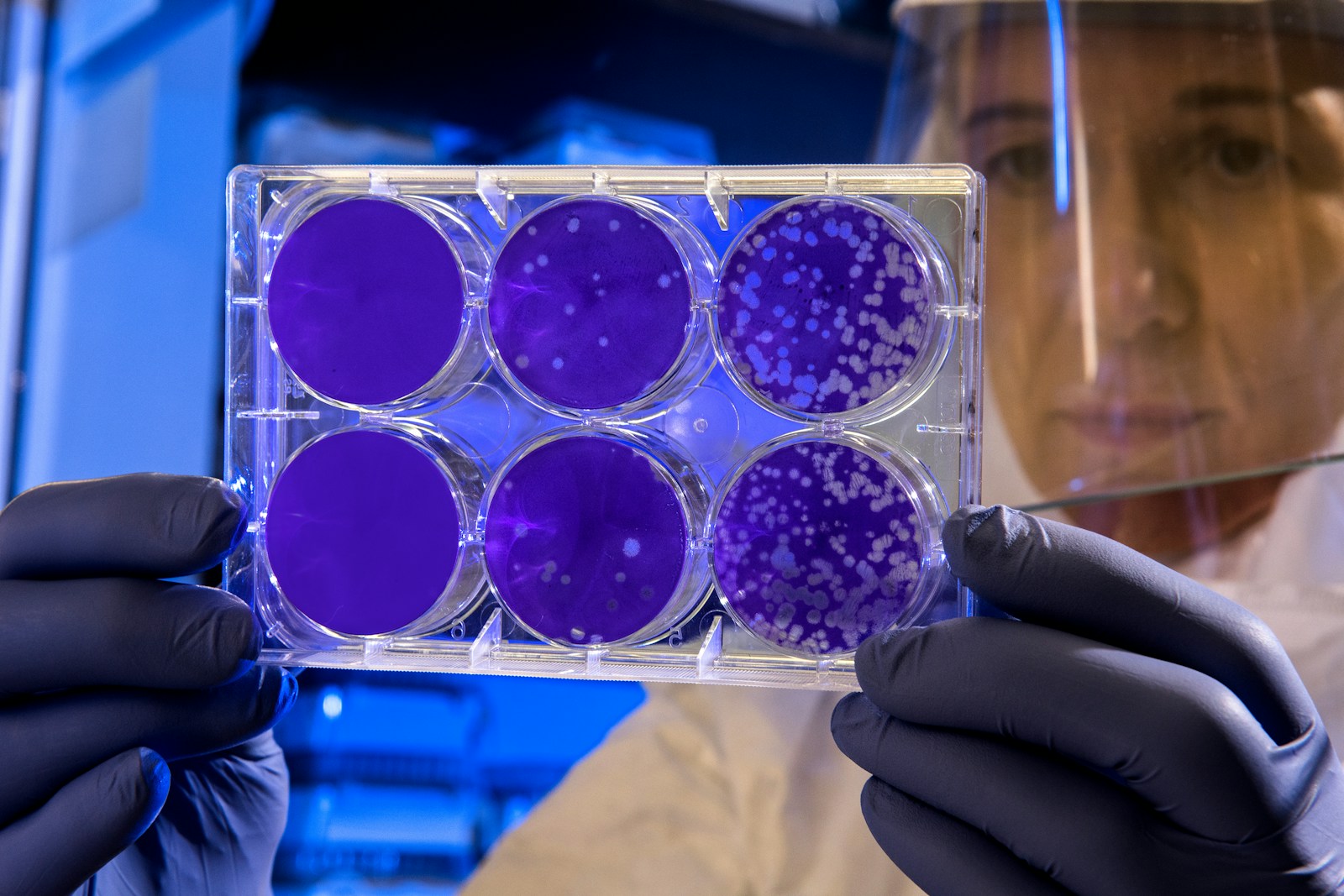Stem cell therapy is a revolutionary advancement in modern medicine that has the potential to transform the treatment of various diseases and injuries. This innovative approach leverages the body’s natural healing abilities by utilizing stem cells to repair, regenerate, and replace damaged tissues. Stem cell therapy offers numerous benefits, including its ability to treat degenerative diseases, reduce the need for organ transplants, accelerate wound healing, and advance personalized medicine.
One of the most significant advantages of stem cell therapy is its potential to treat degenerative diseases such as Parkinson’s disease, Alzheimer’s disease, and multiple sclerosis. These conditions involve the gradual deterioration of specific cells in the body, leading to impaired function and reduced quality of life. Stem cell therapy offers hope by replacing damaged cells and promoting tissue regeneration. In cases of neurological disorders, stem cells may help restore lost functions by differentiating into neurons and supporting neural networks, potentially slowing disease progression.
Another critical benefit of stem cell therapy is its potential to reduce the reliance on organ transplants. Patients suffering from organ failure often face long waiting lists and the risk of transplant rejection. Stem cells can be used to generate new, functional tissues that match a patient’s genetic makeup, reducing the risk of immune rejection. For example, scientists are exploring ways to develop heart, liver, and kidney tissues from stem cells, offering an alternative to traditional transplants.
Stem cell therapy also plays a crucial role in accelerating wound healing and tissue repair. Severe injuries, burns, and musculoskeletal conditions, such as osteoarthritis, can benefit from stem cell treatments. These cells can differentiate into cartilage, bone, or muscle cells, promoting faster recovery and reducing inflammation. In sports medicine, stem cell injections have shown promise in treating ligament and tendon injuries, allowing athletes to recover more quickly and return to peak performance.
Moreover, stem cell therapy is paving the way for advancements in personalized medicine. By using a patient’s own stem cells, doctors can develop customized treatments tailored to individual genetic profiles. This approach enhances treatment efficacy and minimizes side effects, as the body is less likely to reject its own cells. Personalized stem cell therapies are particularly beneficial for patients with rare genetic disorders, offering targeted solutions that were previously unavailable.
Despite its numerous benefits, stem cell therapy is still in its developmental stages and faces ethical and regulatory challenges. However, ongoing research and technological advancements continue to improve its safety and effectiveness. As scientists and medical professionals refine stem cell applications, this therapy has the potential to revolutionize medicine and provide new hope for patients worldwide.
In conclusion, stem cell therapy offers a promising future for the treatment of degenerative diseases, organ failure, wound healing, and personalized medicine. Its ability to harness the body’s regenerative power makes it a groundbreaking medical innovation with the potential to enhance millions of lives. Continued research and ethical considerations will be crucial in maximizing its benefits and ensuring its safe integration into mainstream healthcare.
